Public Health Ethics
How far should we go in protecting and promoting public health? Can we force people to give up unhealthy habits and make healthier choices? Should we stop treating smokers who refuse to give up smoking, for example, or put a tax on fatty foods and ban vending machines in schools to address the ‘obesity epidemic’? Or can we nudge people towards healthy options without compromising their freedom to choose?Such questions are at the heart of public health ethics. In this second edition of his well respected textbook, Stephen Holland shows that to understand and debate these issues requires philosophy: moral philosophies, including utilitarianism and deontology, as well as political philosophies such as liberalism and communitarianism. And philosophy informs other aspects of public health, such as epidemiology, health promotion, and screening.The new edition has been fully revised and updated to reflect recent developments in the field. There is a new chapter on the ethics of 'harm reduction', looking at policies which aim to reduce the harmful effects of unhealthy behaviour, such as using illicit drugs, as opposed to trying to get people to abstain.Additional material has been added on the recent interest in 'nudging' people towards more healthy choices in a new theoretical section on libertarian paternalism, as well as more on debates on the ethics of other current public health policies, such as using financial incentives to get people to take more responsibility for their own health.Public Health Ethics provides a lively, accessible and philosophically informed introduction to such issues. As well as being an ideal textbook for students taking courses in public health ethics, Holland’s systematic discussion of the ethics of public health will engage and inform the more advanced reader too.
{{comment.content}}

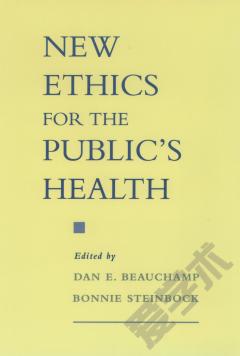
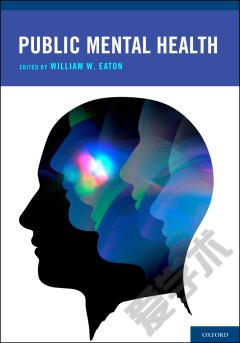
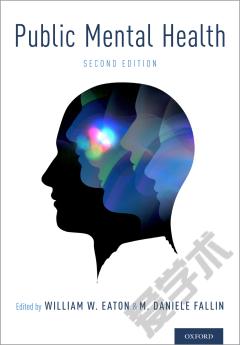

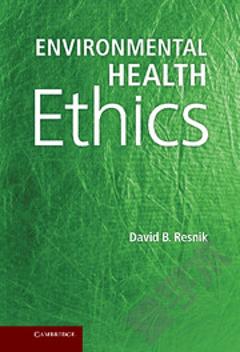
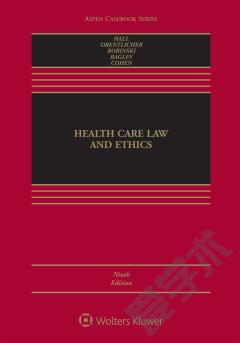

 京公网安备 11010802027623号
京公网安备 11010802027623号